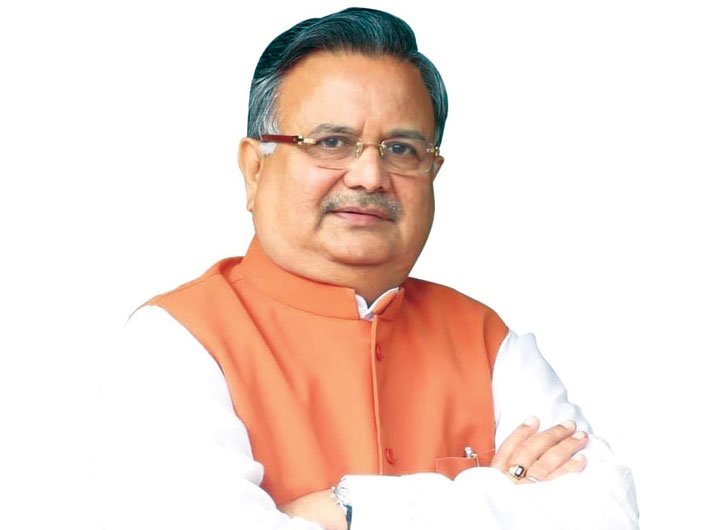To describe the Chhattisgarh assembly election result as defeat for the BJP will be a euphemism. It is a total rout in every sense of the term. And if Raman Singh met this fate after three full terms on trot, we must have reasons to assume that his government must have committed some “terrible” mistakes to incur people’s wrath.
There is no doubt that people’s anger was not visible at the surface level. At least the Raman Singh government was known for honing the skill of managing a fine-balance between people’s aspirations and the administration’s performance for the past 15 years. Given two-party dominance in the state, the BJP’s victory has never been quite spectacular. Singh mostly managed to scrap through in the past.
But the BJP’s rout is certainly spectacular. Why is it so? The answer lies in the Peter Principle: people tend to rise to their level of incompetence. That appears to be so true in Singh’s case. He seemed to be completely out of sync with the electorate which he assiduously nurtured all these years.
Singh was one of the shrewdest chief ministers of his generation. The manner in which he cobbled together a fragile social coalition in his predominantly tribal state was outstanding. He won people’s hearts by offering rice at the lowest minimum price from a very efficient public distribution system (PDS). He won acclaim even from his ideological rivals for introducing efficiency in the PDS that delivered subsidised food grain to the tribals and rural poor with far less leakages than in other states.
This was the precise reason why he was often referred in rural areas of the state as “Chawal wale baba (the man who gives rice)”. Given plenty of natural resources that Chhattisgarh possesses, Singh benefitted largely by enhancing his government’s resources and spending more on infrastructure building in inaccessible areas of the state. The state boasted of surplus power with rural areas getting electrification in fast pace.
Obviously Raman Singh filled the vacuum of a powerful regional satrap who is reasonably efficient as administrator. In the past 15 years, he derived his political legitimacy from the contrast with thoroughly discredited leader Ajit Jogi, formerly of the Congress. In people’s collective memory, Jogi’s tenure as the chief minister was nothing short of disaster. However, the moment he was removed from the Congress, Raman Singh lost his perennial political advantage in the two-party contest.
In this election, he campaigned as a leader with no rival. The manner in which Jogi allied with Mayawati’s Bahujan Samaj Party (BSP) is largely interpreted as a clever stratagem to divide the vote. The Congress avoided projecting a chief minister even though it maintained a pro-tribal slant to counter Singh’s image as a non-tribal. At the same time, Singh’s image of a chief minister who carried on a ruthless fight against Maoists for more than a decade has not endeared him to tribals. The obvious reason for this alienation is the fact that tribals often bear the brunt of oppression from both the sides – security forces and Maoists.
Apparently Singh seemed to be banking on old stratagems to win this election in which goal posts were substantially shifted. With Jogi having reduced himself to a political minion by aligning with the BSP, Singh found a leaderless Congress to his disadvantage. His narrative of development and spending on social sector proved to old rhetoric that seems to have lost resonance with people. What appears to have hit him more is the fact that in absence of Jogi, Singh appeared to have replaced him (Jogi) in people’s perception. He was seen as a crafty politician who is keen to retain his position by all means, fair and foul.
In his 15-year reign, Singh can claim to have many achievements to his credit. Yet at the end of it, he could appreciate the fatigue factor associated with continuation of one brand of politics and imagery of a larger-than-life personality of a leader. Perhaps he could have taken a lesson or two from the chief ministerial stints of Narendra Modi in Gujarat whose continuous reinvention of himself and election campaigning saw him through in a series of elections. Singh then could have avoided being the victim of Peter Principle.

